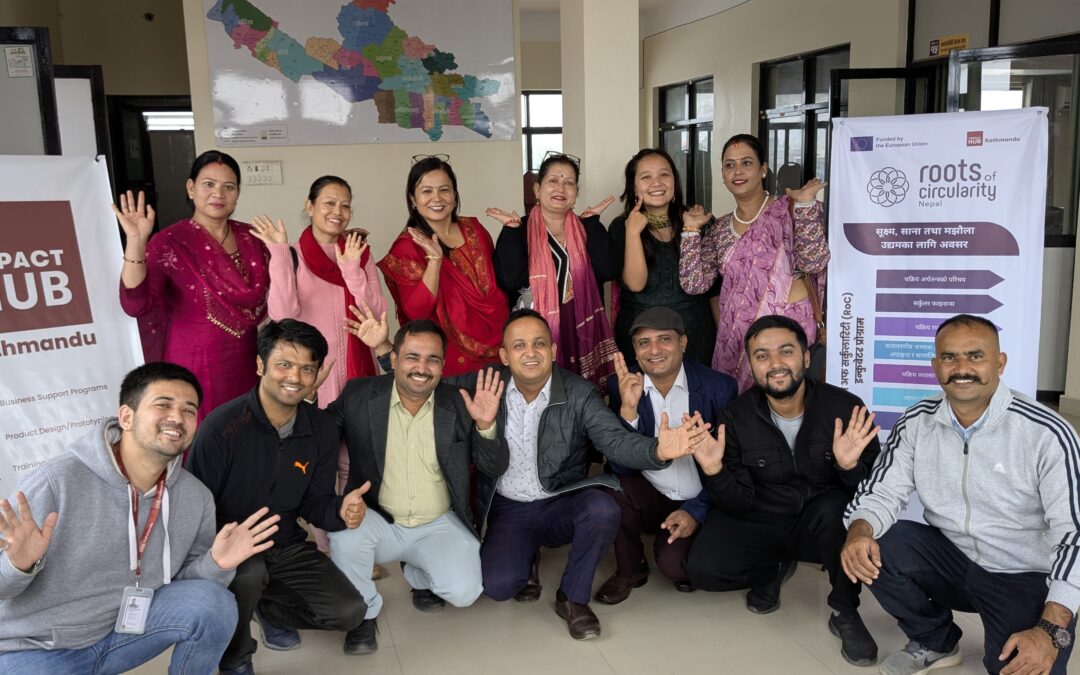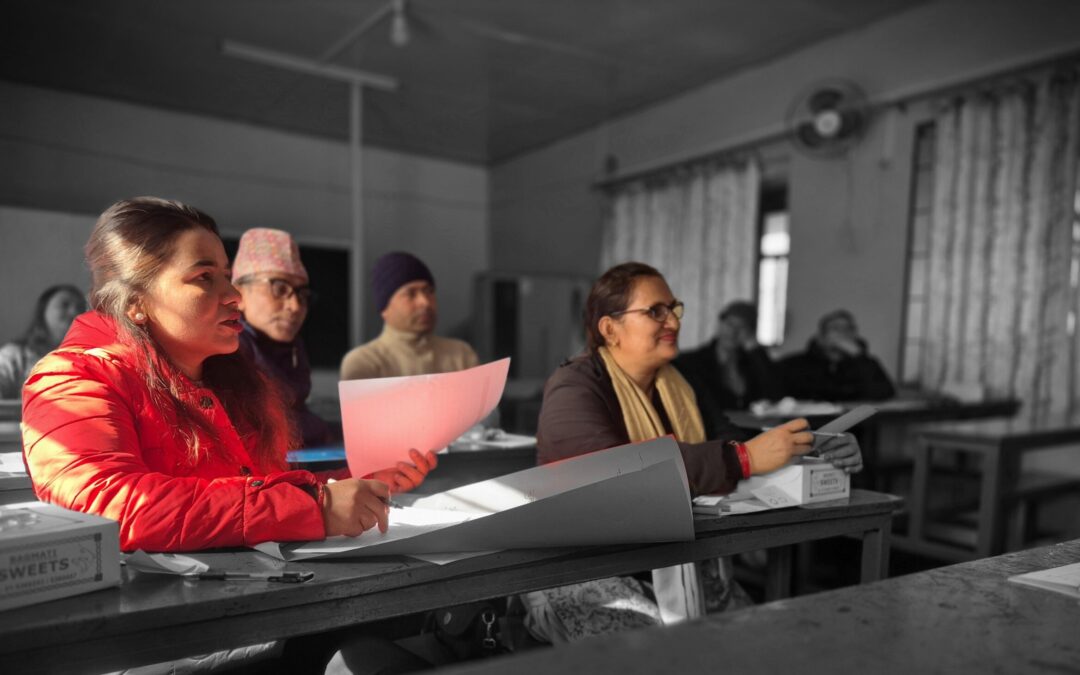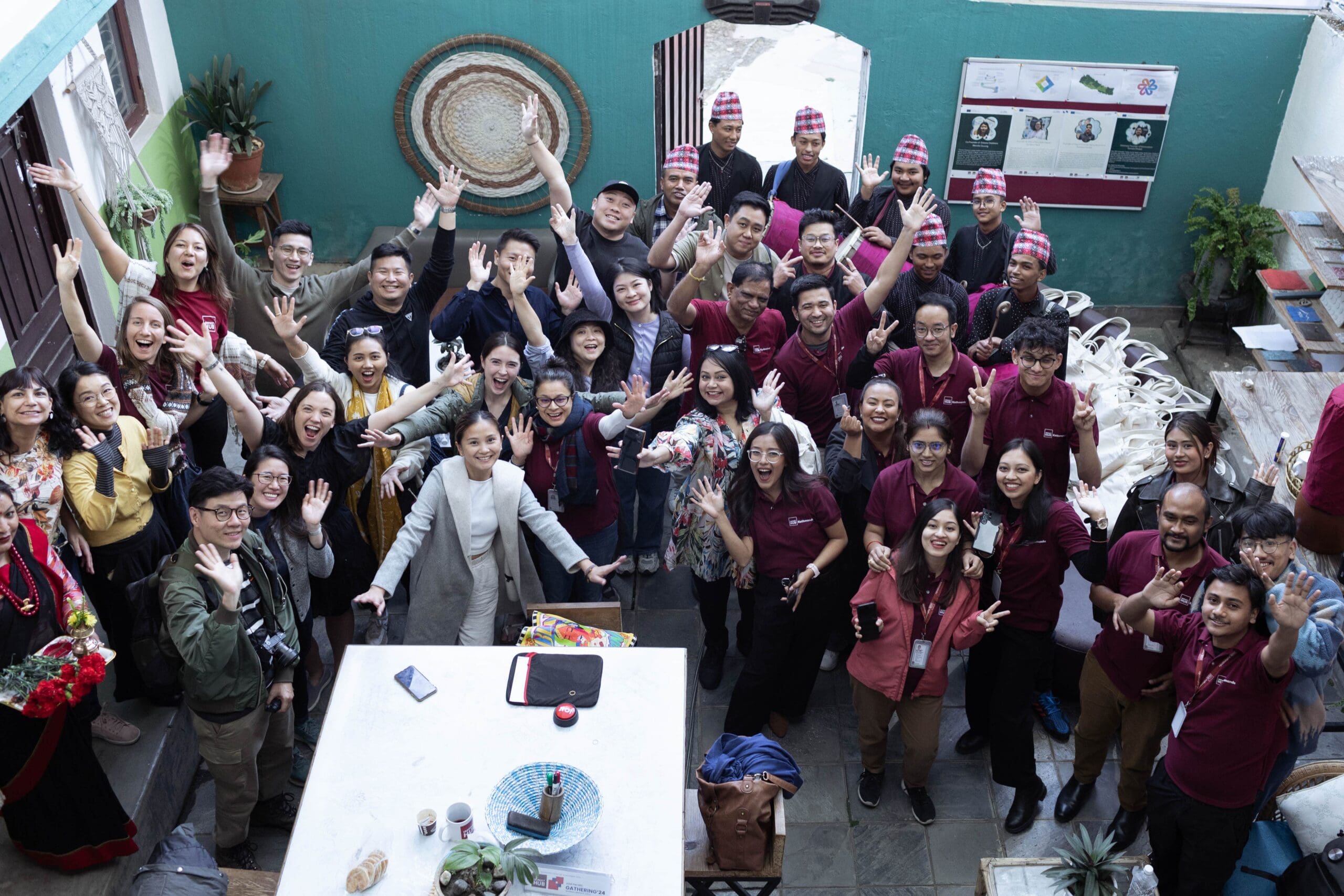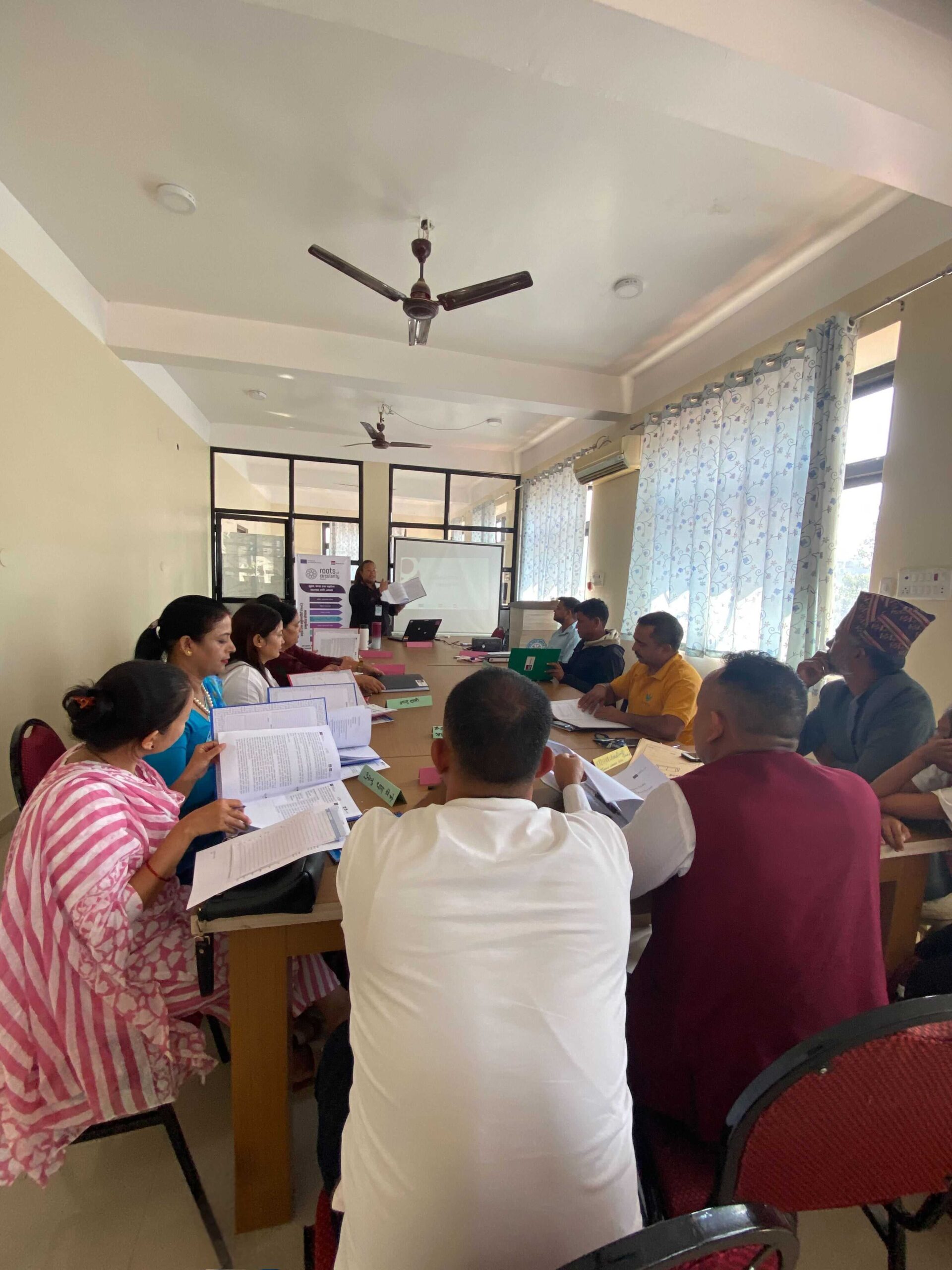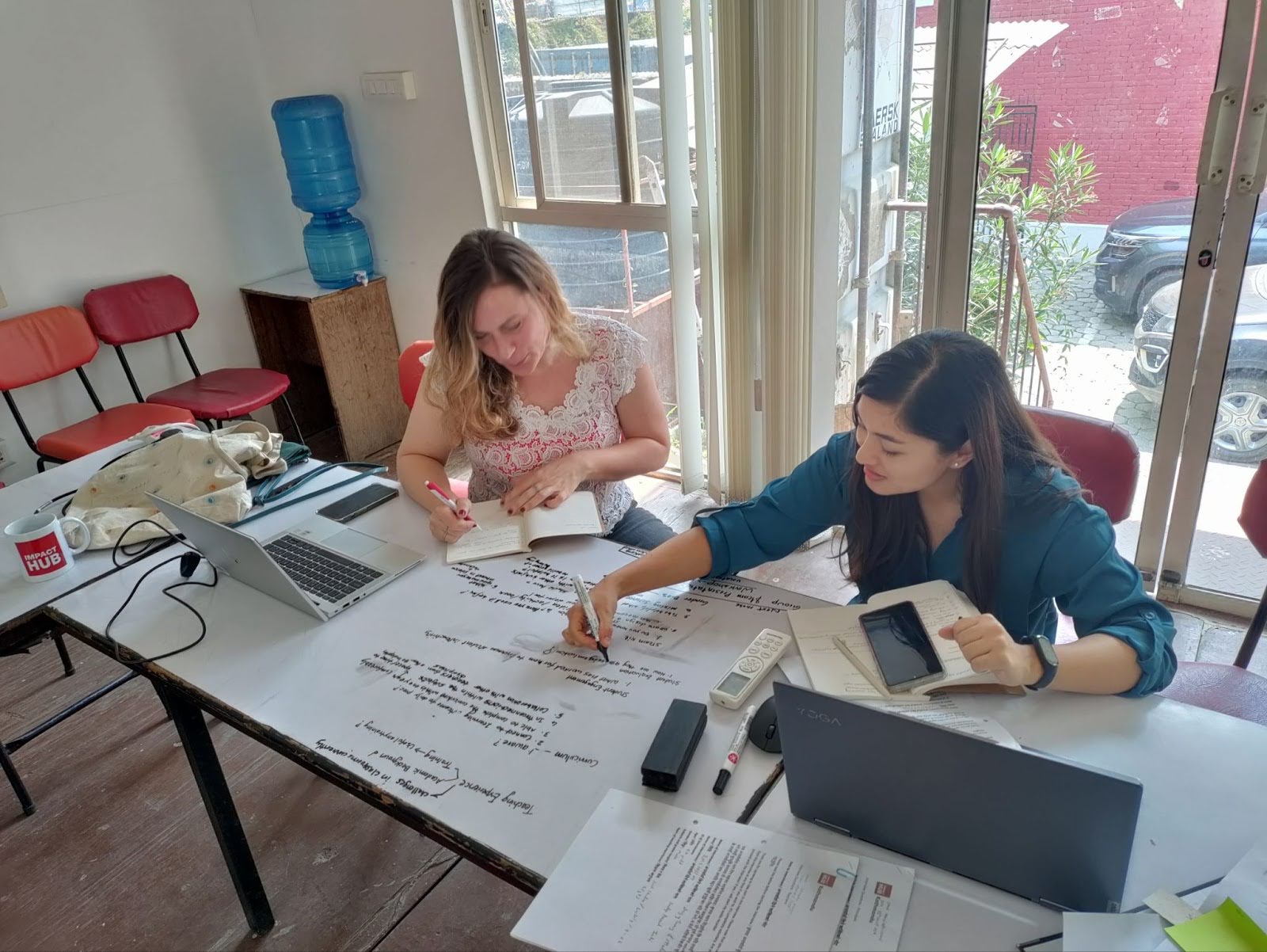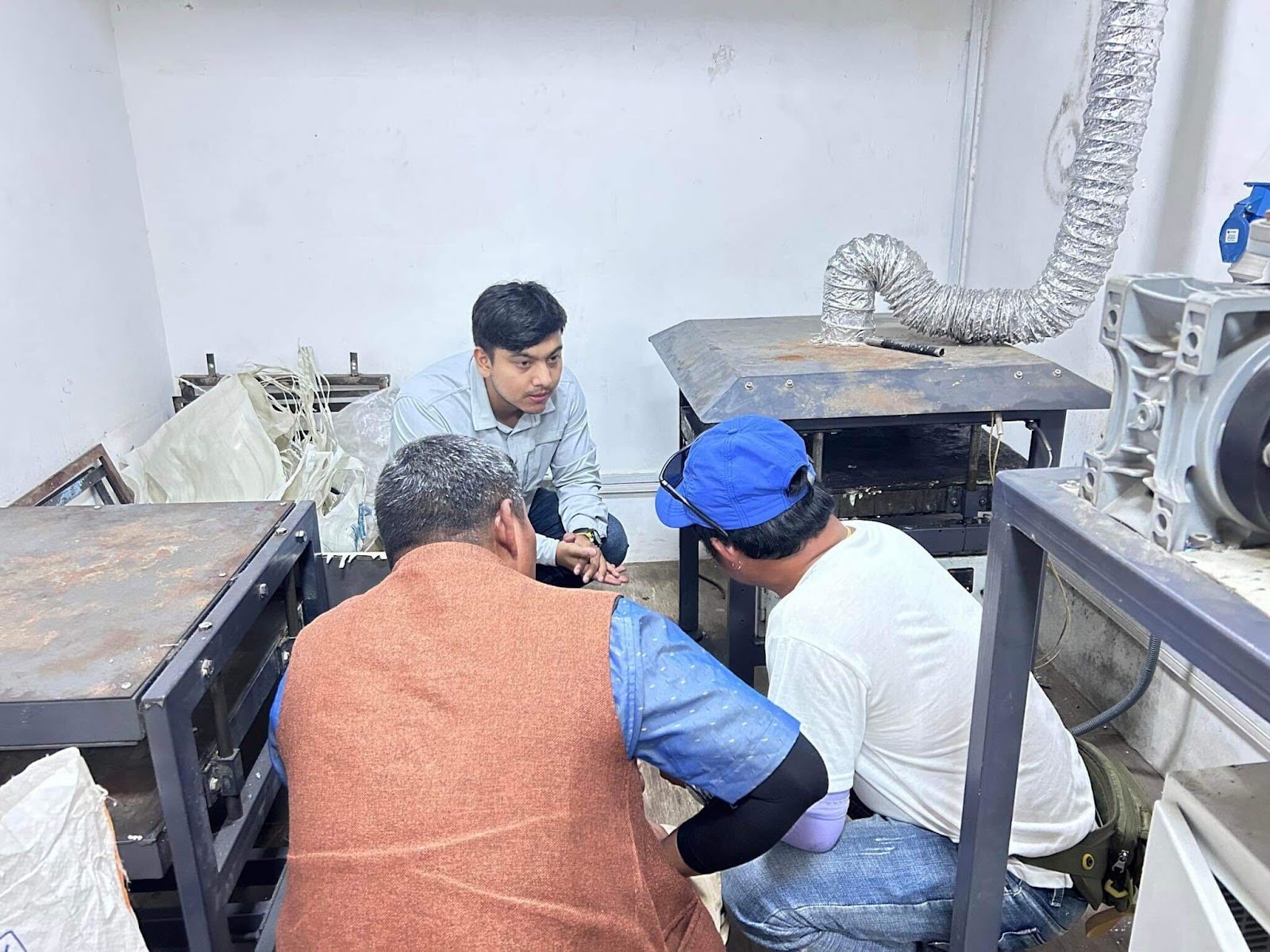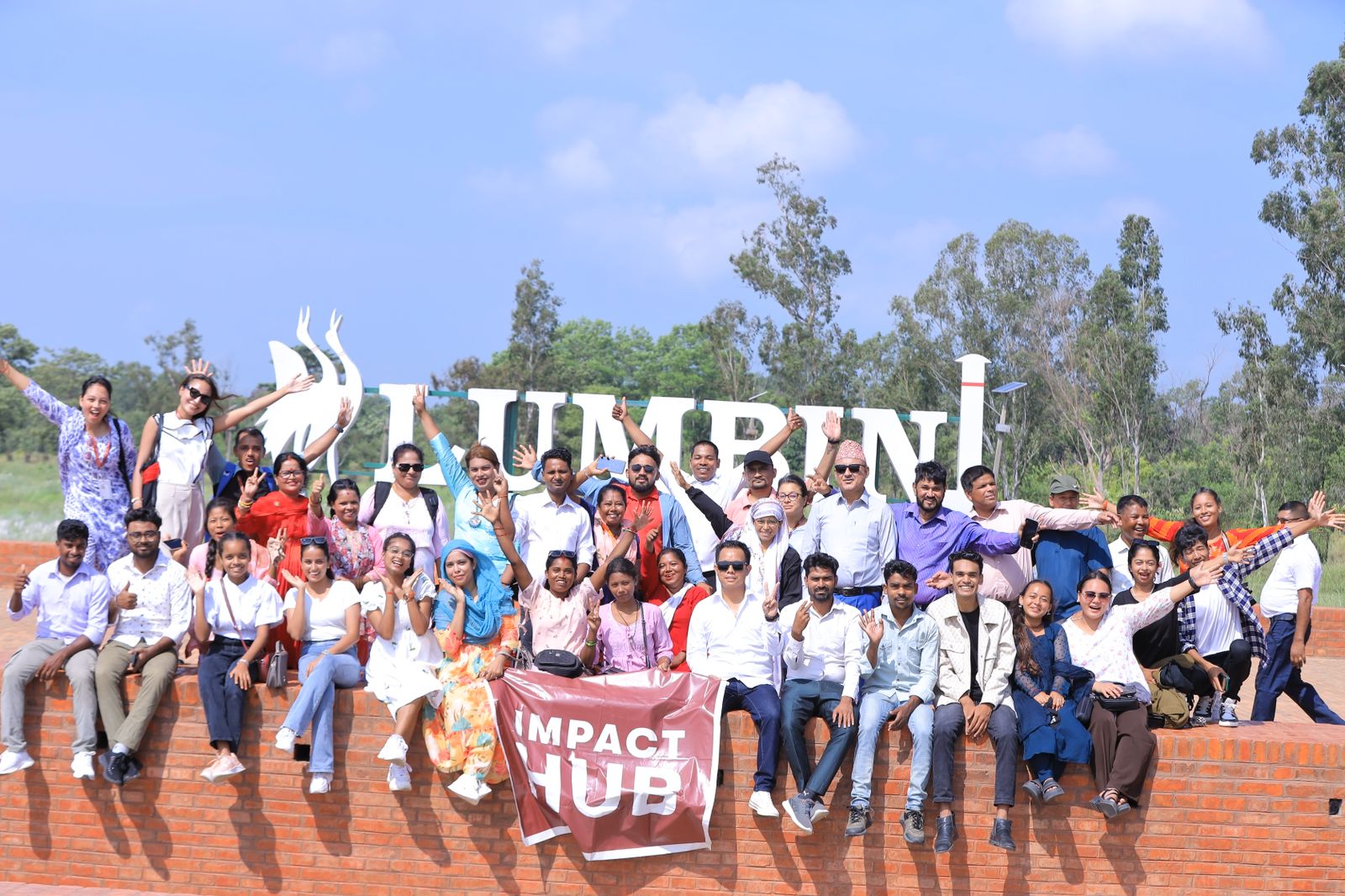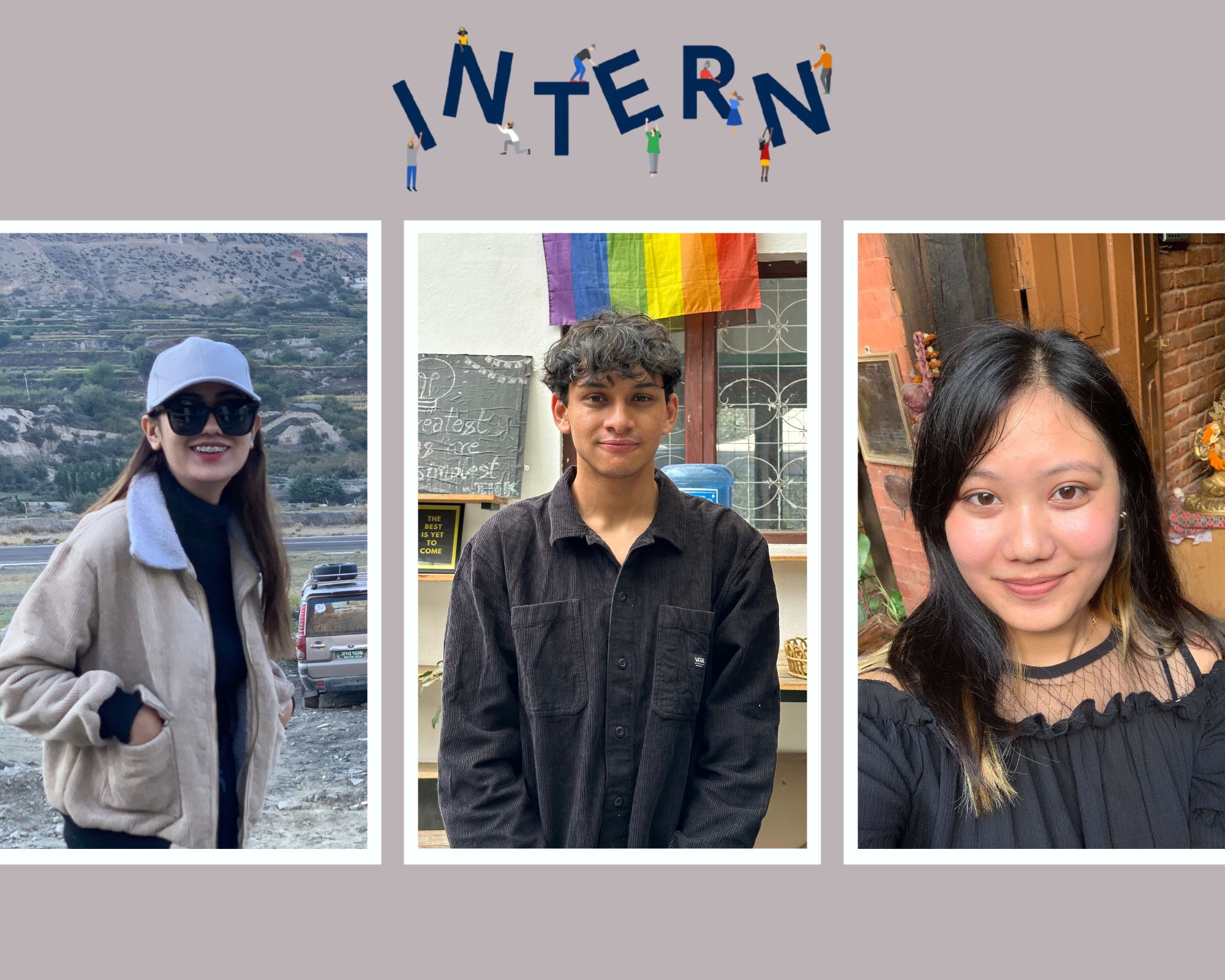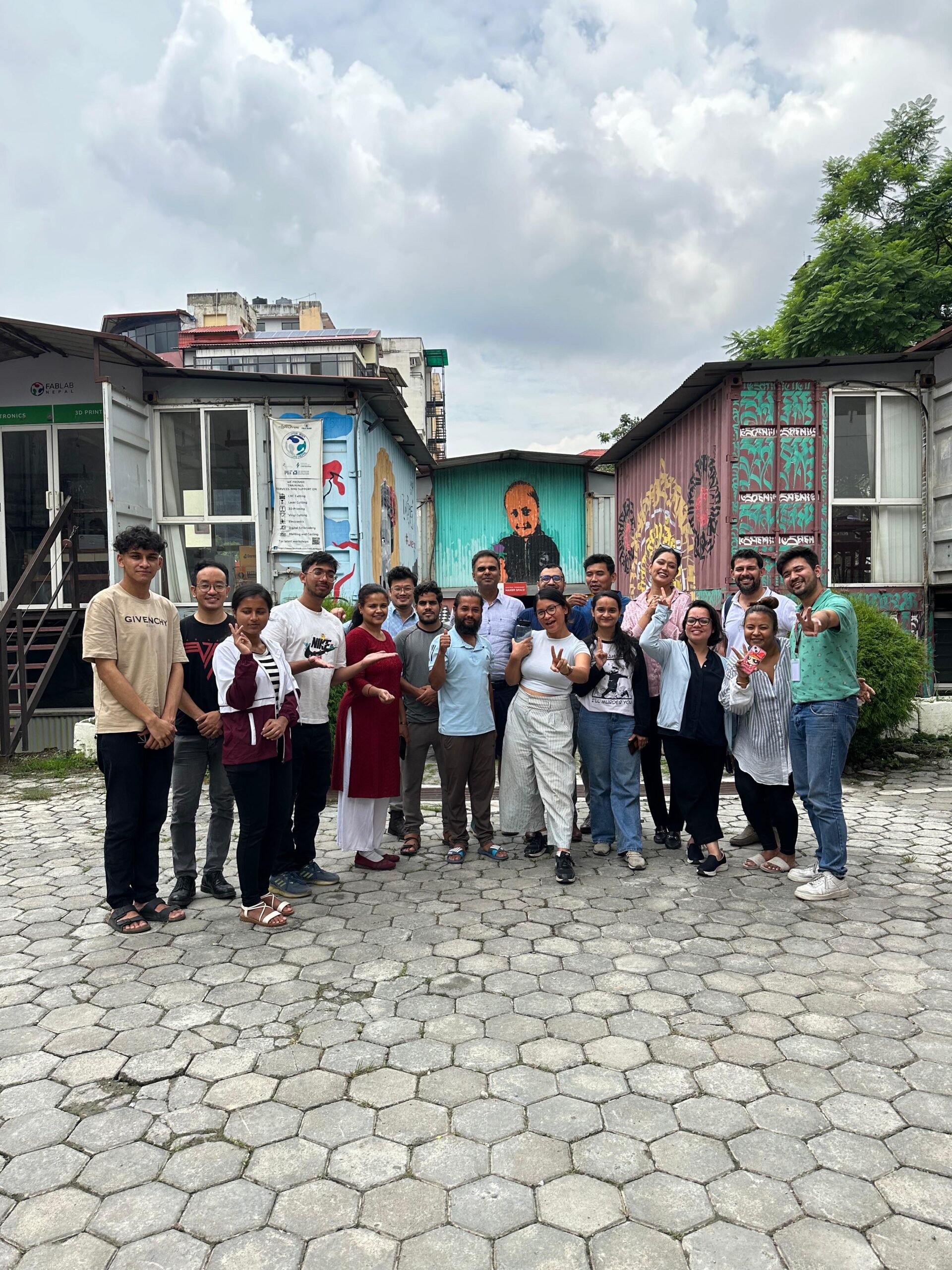Meet our 9 Enterprises from the Accelerate Regional Membership Program!
In collaboration with the Bank of America, Impact Hub launched the second round of the Accelerate Regional Membership across the Asia Pacific region in 2022 and this is the FIRST launch of the cohort for Impact Hub Kathmandu after joining the network! This 9-month innovative membership aims to provide resources and support to impact-driven entrepreneurs as they continue to operate in a new normal through amazing membership benefits! We are thrilled to announce our very first batch of 9 brilliant enterprises in the program whose products/services contribute to achieving 17 SDGs!
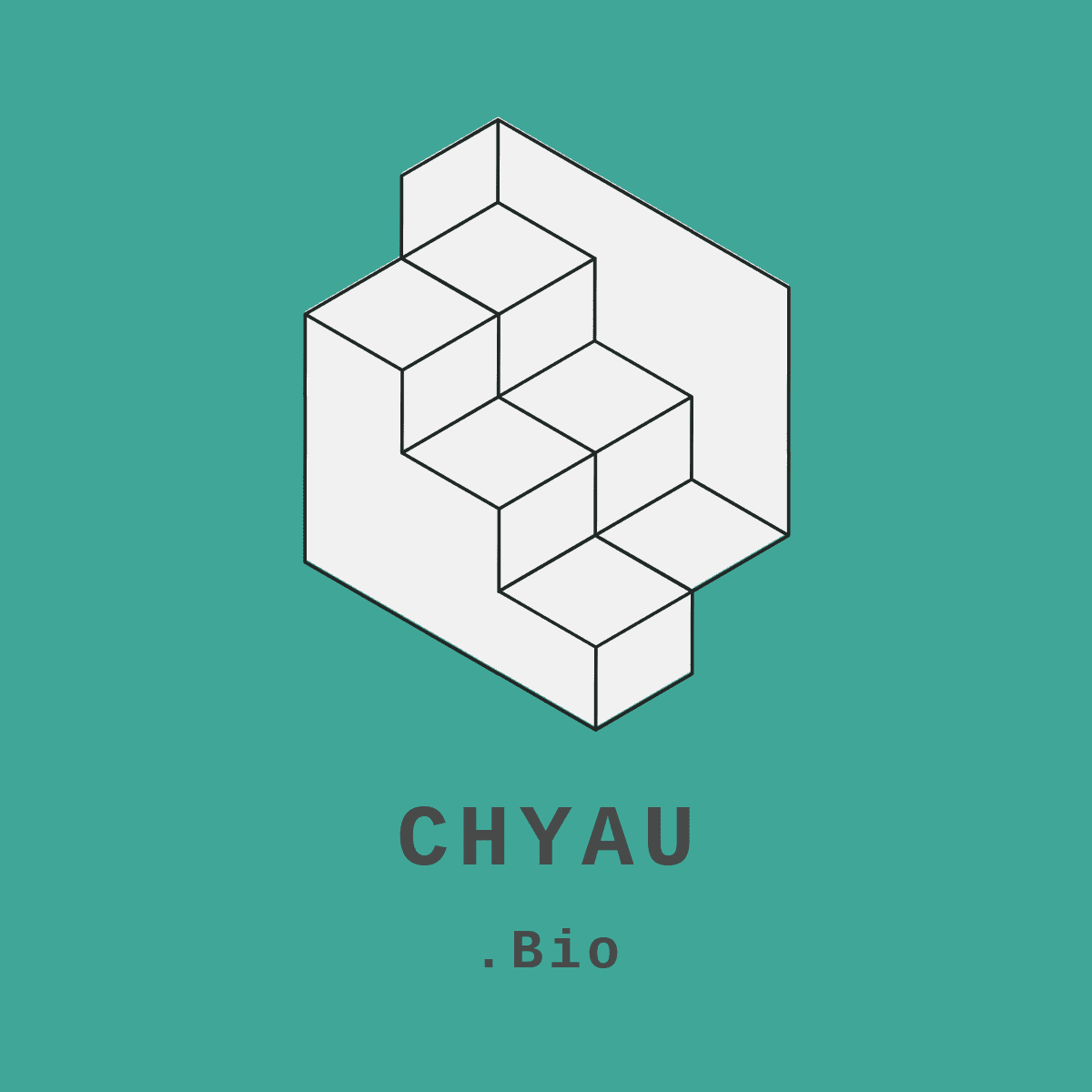
-
- Chyau Biotechnologies Pvt. Ltd: Chyau Biotechnologies work around mitigation of air pollution and removal of CO2 for urban cities. Chyau. Bio was formed when 3 founders came together to figure out how to use mushrooms as an alternative to provide sustainable solutions for the most pressing issues present in the world. During R&D, the company discovered uses of algae while exploring cheaper solutions and created the ‘Algae Bioreactor’. The Algae Bioreactor is used to cultivate micro and macro algae for various purposes such as biomass cultivation, wastewater treatment, and C02 fixation. Algae Bioreactors are closed-looped micro-algae cultivation systems that act like trees taking in CO2 and polluted water as their primary source of nutrients and giving out oxygen for urban cities where tree plantations to mitigate air pollution are not more viable. In this case, the system designed by the company has primarily focused on Co2 fixation.

- Flowy Venture Pvt Ltd.: Flowy Venture provides comfort, trust, and ease for women through alternative menstrual health products: Period panties that are reusable and easy to wear. They provide a better alternative to menstruation pads, cups, and reusable pads. Flowy’s products provide support for women during menstruation which can otherwise be a challenging time. Flowy period underwear reduces the volume of single-use disposable hygienic products such as pads, liners, and tampons from ending up in landfills all around Nepal. They believe that there are better solutions for women and the planet around menstruation management.
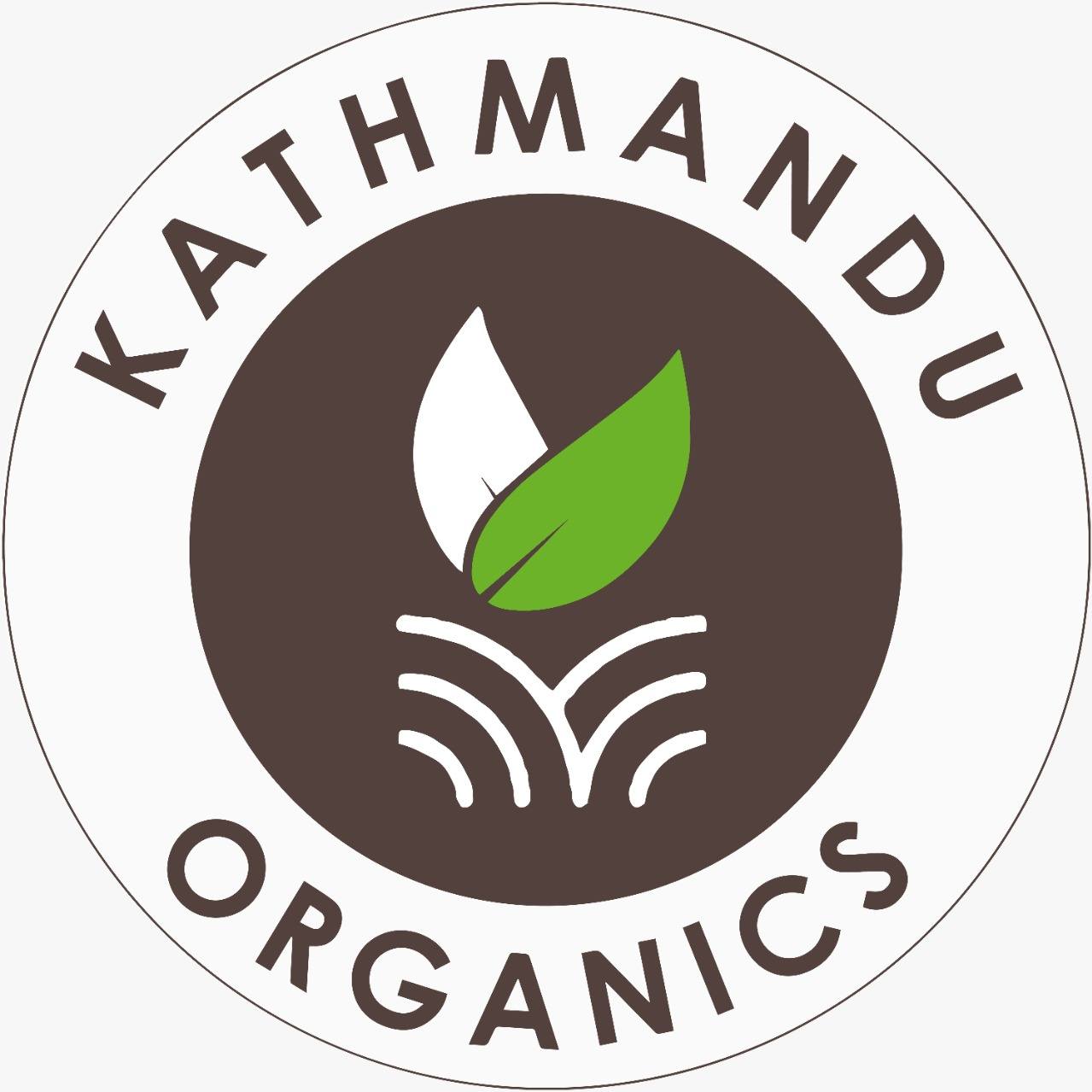 Kathmandu Organics: Established in 2018, Kathmandu Organics is an eCommerce. The platform provides consumers with product information (including location and quality) to build authenticity while supporting producers with access to the market and guaranteed buy-back through agreements and advance payments. Most of Nepal’s population works in agriculture, yet we struggle to produce an adequate and affordable supply of food. There are around 3.7 million landholdings (family farms) in Nepal, 95% of which are owner-cultivated. These farmers produce a wide range of foods, using mainly family labor, and consume a main part of the production in-house. They sell around 12% of their products in the market and generate just 5% of their total income due to low productivity, limited surplus to sell, and lack of access to markets and infrastructures like road and transportation networks. Due to difficult terrain and poor road infrastructure, it is difficult for these farmers to reach urban consumers who are generally willing to pay more for fresh, natural, local products from farms. Kathmandu Organics works with these farmers and helps them access the market with digital tools and efficient logistics. Kathmandu Organics collaborates with farmers, cooperatives, and entrepreneurs to create a sustainable value chain for their products. They have completed over 100,000 deliveries and worked with farmers and producers from 51 districts of Nepal since 2017.
Kathmandu Organics: Established in 2018, Kathmandu Organics is an eCommerce. The platform provides consumers with product information (including location and quality) to build authenticity while supporting producers with access to the market and guaranteed buy-back through agreements and advance payments. Most of Nepal’s population works in agriculture, yet we struggle to produce an adequate and affordable supply of food. There are around 3.7 million landholdings (family farms) in Nepal, 95% of which are owner-cultivated. These farmers produce a wide range of foods, using mainly family labor, and consume a main part of the production in-house. They sell around 12% of their products in the market and generate just 5% of their total income due to low productivity, limited surplus to sell, and lack of access to markets and infrastructures like road and transportation networks. Due to difficult terrain and poor road infrastructure, it is difficult for these farmers to reach urban consumers who are generally willing to pay more for fresh, natural, local products from farms. Kathmandu Organics works with these farmers and helps them access the market with digital tools and efficient logistics. Kathmandu Organics collaborates with farmers, cooperatives, and entrepreneurs to create a sustainable value chain for their products. They have completed over 100,000 deliveries and worked with farmers and producers from 51 districts of Nepal since 2017. 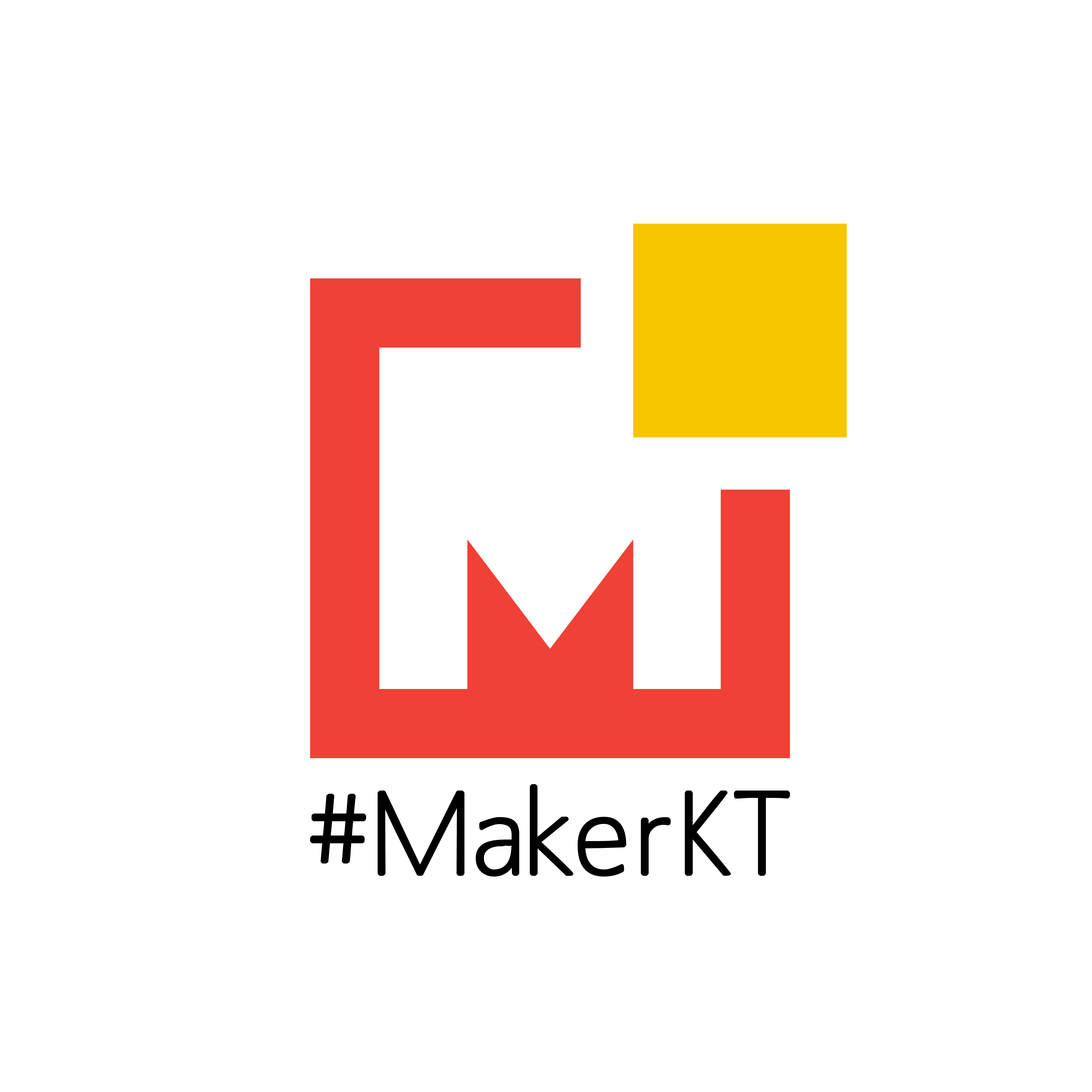
- MakerKT Enterprises: Maker Keti (MakerKT) wants to spark a maker culture among Nepali women so that they are empowered by the awareness of their abilities, and eager to create things on their own. Since its establishment in 2018, Maker Keti is working towards making women and kids aware of their own abilities, increasing their self-confidence and sense of empowerment through DIY sessions in the STEAM topics as well as on traditional ‘making’. They are providing services and products to promote the DIY journey.

- Rent Your Closet: Rent your closet, is the Air BnB of fashion. It is a one-stop solution for your party wear and occasion outfits for western and traditional wear. Where customers wear their favorite designers affordably and rent it out hassle-free with delivery and dry cleaning taken care of. Rent Your Closet’s focus is for the customer to have a seamless service where they have to wear the garment, flaunt it and return it back. With renting, their main aim is to reduce the carbon footprint in the environment by increasing the longevity of clothes usage. Fashion with its Textile waste is the second-largest contributor to the world’s pollution. This sharing economy model will make each individual environment conscious of saving their money, making clothes fashionable, keeping sustainable, and being affordable to the wallet as well.

- Reverse Vending Machine (RVM) Nepal: RVM Nepal is Kathmandu-based trading, business representation, and engineering firm actively engaged in supplying equipment, technology, and services to various governmental and non-governmental organizations. RVM NEPAL specializes in the fields of Biomedical Equipment Repair Maintain, Medical Equipment Supply, Agricultural machinery design, manufacturing IT Industry, Power Industry, Turnkey Project Management, and Logistic Management through RVM NEPAL’S service. Currently they have designed a workable prototype of a reverse vending machine that collects plastic waste(bottles and cans) and are looking to launch the machine across urban cities.

- Veda: Veda App is a complete Management Information System and digital learning platform developed by Ingrails Pvt. Ltd. 800 schools and colleges now use Veda for their everyday tasks, saving their precious time and energy. Established in 2016, they help educational institutions to digitize the entire workflow. Teachers and Administrators are left with space to make better decisions about education as Veda takes care of all the mundane by automating operations. Parents too, are left with a digital option to be in the loop with their children’s progress which ensures the best development. With a vision of making education better, accessible, fair, and sustainable for all, Veda leads the EdTech market in Nepal backed by its 99% client retention rate. They seek to change the entire educational landscape in emerging nations with a presence in Nepal, Brunei, and Bangladesh as of now.
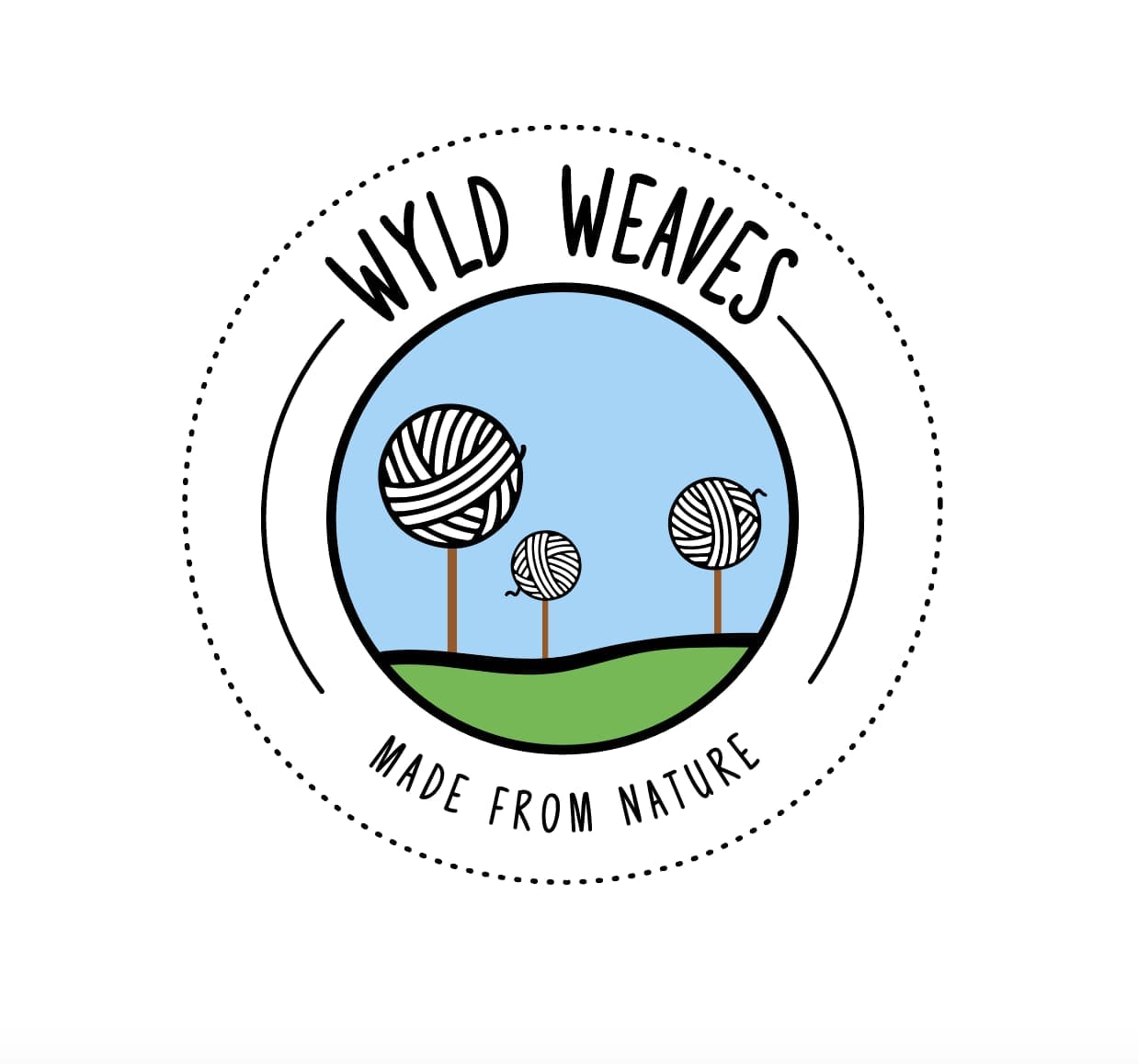
- Wyld Weaves: Wyld Weaves’ vision is to promote plant-based textiles and resources and to be a collective of natural plant-based eco-friendly solutions worldwide. They are engaged in trade, distribution, retailing, and marketing; of earth and plant-based natural resources and products. Within the field of textiles; Wyldweaves trade, promote, and retail plant-based fibers such as nettle, hemp, and bamboo from the Himalayan mountains of Nepal.
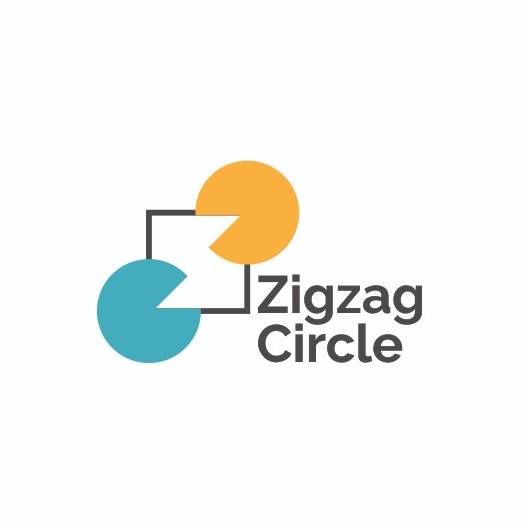 ZigZagCircle: ZigZag Circle is designing meaningful, impactful, and delightful experience interns of products and services for people! ZigZag Circle provides user-centered design service and envisions becoming an innovation hub for product and service design.
ZigZagCircle: ZigZag Circle is designing meaningful, impactful, and delightful experience interns of products and services for people! ZigZag Circle provides user-centered design service and envisions becoming an innovation hub for product and service design.
- Chyau Biotechnologies Pvt. Ltd: Chyau Biotechnologies work around mitigation of air pollution and removal of CO2 for urban cities. Chyau. Bio was formed when 3 founders came together to figure out how to use mushrooms as an alternative to provide sustainable solutions for the most pressing issues present in the world. During R&D, the company discovered uses of algae while exploring cheaper solutions and created the ‘Algae Bioreactor’. The Algae Bioreactor is used to cultivate micro and macro algae for various purposes such as biomass cultivation, wastewater treatment, and C02 fixation. Algae Bioreactors are closed-looped micro-algae cultivation systems that act like trees taking in CO2 and polluted water as their primary source of nutrients and giving out oxygen for urban cities where tree plantations to mitigate air pollution are not more viable. In this case, the system designed by the company has primarily focused on Co2 fixation.


